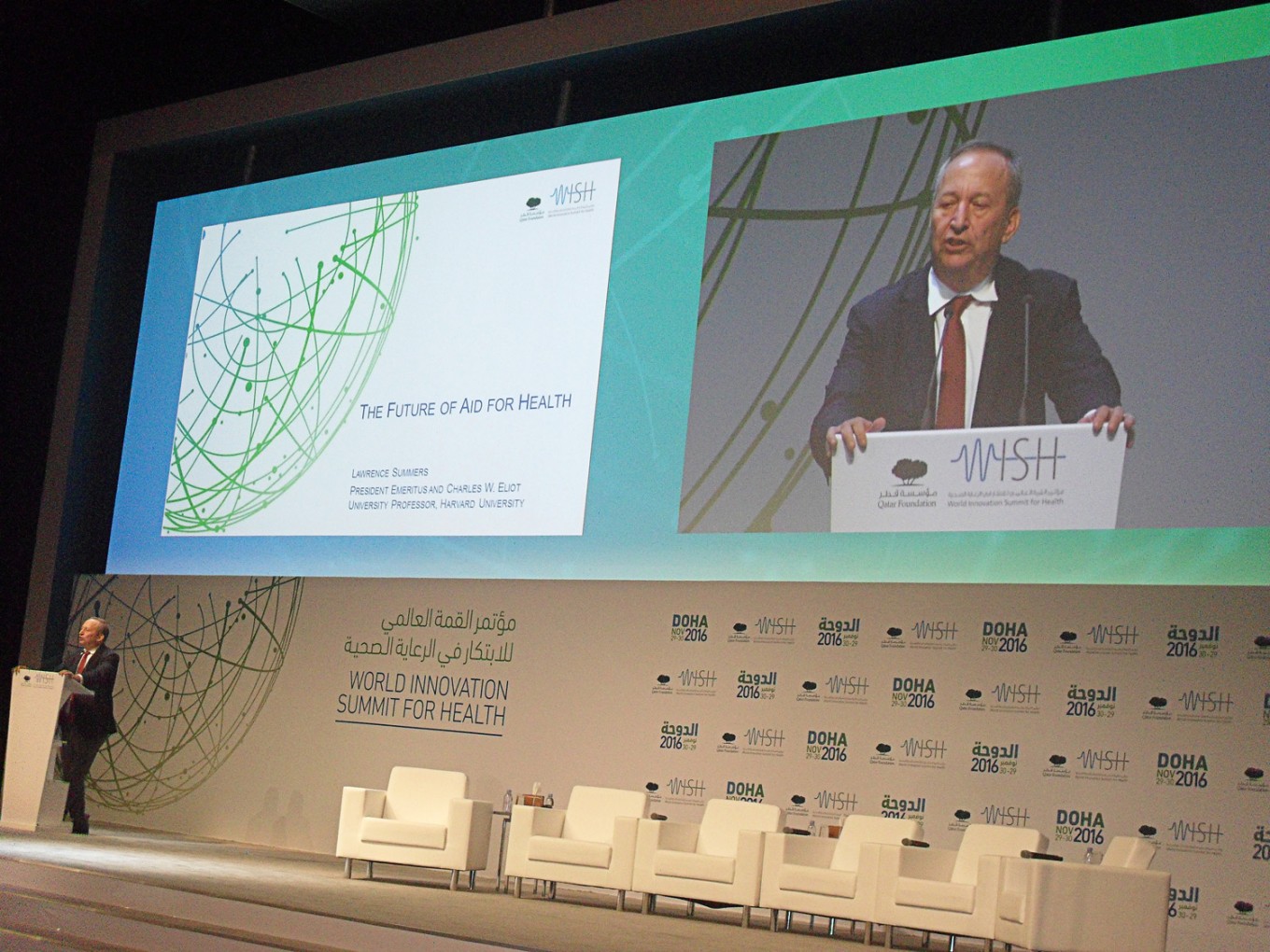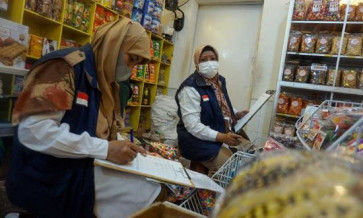Popular Reads
Top Results
Can't find what you're looking for?
View all search resultsPopular Reads
Top Results
Can't find what you're looking for?
View all search resultsInvesting in health can produce large economic returns: Economist
Change text size
Gift Premium Articles
to Anyone
B
y investing more in health, countries could avert millions of deaths and boost their economies, thereby improving human welfare, an expert has said.
Economist Lawrence H. Summers said if a country invested in better health care, the benefits would flow around the world.
“If local resources are sufficient to meet national challenges in most countries, and if substantial extra resources become available, that suggests one should work on global investment in healthcare,” said the professor and president emeritus of Harvard University in his keynote speech at the 2016 World Innovation Summit for Health (WISH).
The two-day conference held by the Qatar Foundation in Doha ended on Wednesday.
Summers cited US government efforts to combat the polio epidemic in 1953 as an obvious example of large returns a country might get from investing in health. At the time, he said, US$26 million worth funds were spent to develop vaccines, which prevented 160,000 polio deaths and 1.1 million cases of poliomyelitis in the US alone, yielding net savings of $180 billion in treatment costs.
“Today, the world is standing on the brink of eradicating polio altogether. It’s hard to think of a better $26 million investment in human history,” said the former US treasury secretary.
Citing another example, Summers said the total cost of eradicating smallpox was around $300 million, but the eradication had led to annual savings of more than $2 billion. Other efforts to develop HIV and malaria vaccines had shown similar potential economic returns, he added.
Health investment is one of 11 issues addressed at this year’s WISH, including cardiovascular disease, autism, precision medicine, accountable care, behavioral insights and genomics in the Gulf region and Islamic ethics.
WISH CEO Egbert Schillings said investing in health was something countries should care about, as it was good for their economy.
“When people feel their health is taken care of, they will invest in education and professional development, which eventually will lead to higher incomes. When children are healthy and thriving, they will seek out education opportunities,” he said.










